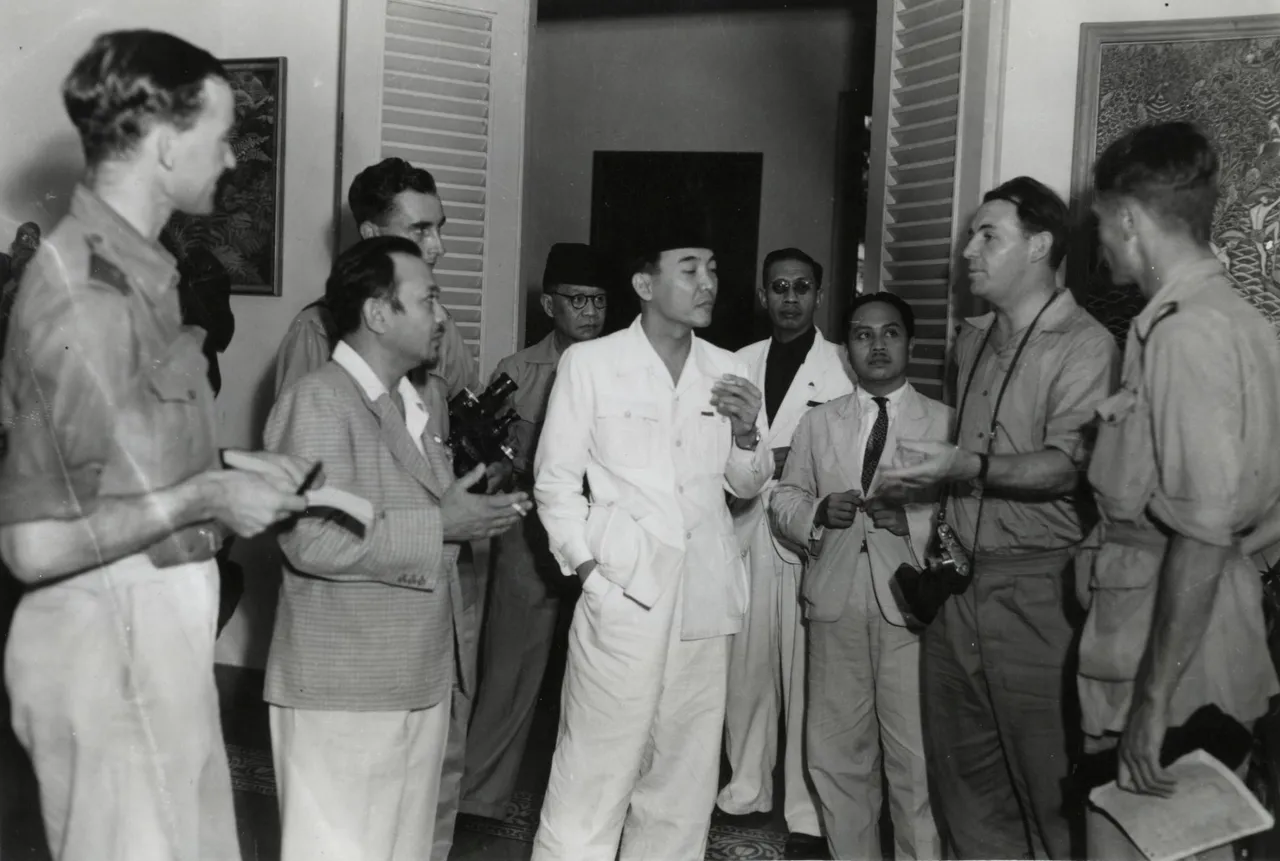
Photo: Atlas van Stolk
In the 1900s no one ever expected that the established European colonialism in Asia and Africa would end in less than 50 years, including in Indonesia.
Starting from the emergence of educated circles who were born as a result of the ethical politics of the colonial government which allowed the natives to go to school. This educated group later became one of the motors of the Indonesian nationalism movement which began to bloom since the 1920s.
In addition, Islamic groups and leftist groups were also moving in their respective paths, with community organizations and political parties as vehicles. However, all efforts towards Indonesian independence were deadlocked, the Dutch East Indies colonial government was still too strong.
But in 1941 something happened that reversed the situation, namely the Japanese invasion of the Dutch East Indies. In just a matter of weeks the Dutch East Indies colonial government fell to its knees and surrendered unconditionally.
Since then Indonesia had been under Japanese military occupation, which was in the middle of a major war against the Allied forces. The entire area they occupied was prepared to face Allied attacks that could come at any time. Military and semi-military training was also held for the people, including in Indonesia.
As a result, when Japan lost the war and the colonial powers wanted to return, Indonesia already had soldiers trained by Japan. They were the ones who played an important role in defending Indonesia's independence from the Dutch Military Aggression 1945-1949.
The photo above shows the atmosphere when President Soekarno and his cabinet met with foreign journalists covering Jakarta in October 1945. The international community wanted to know more about this new country and support its struggle for independence. In the end, history proves that colonialism no longer has a place in the world after World War II.